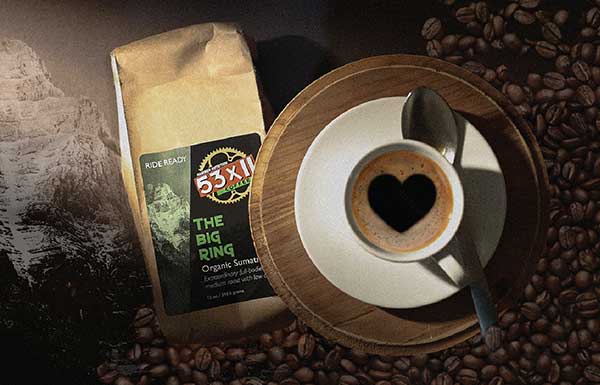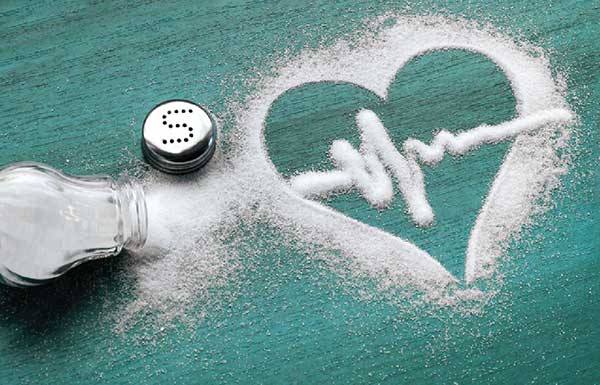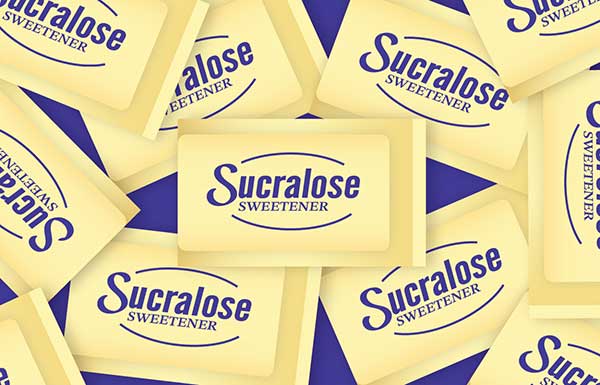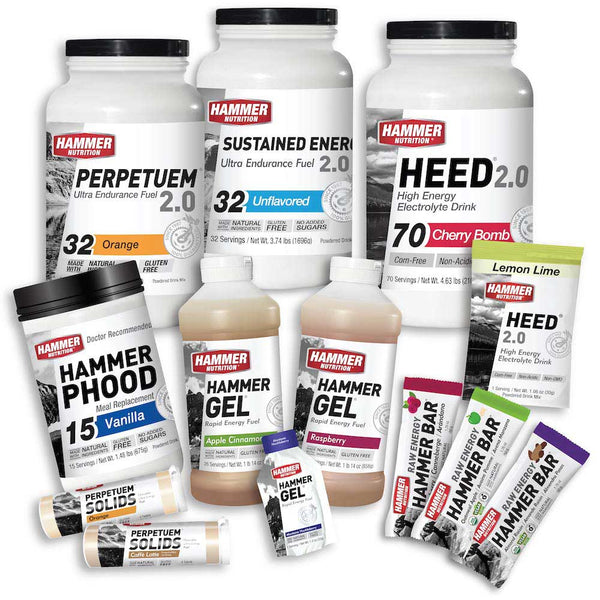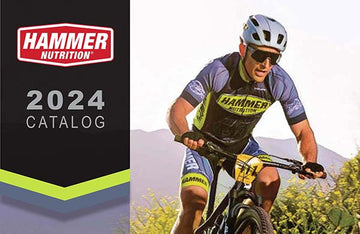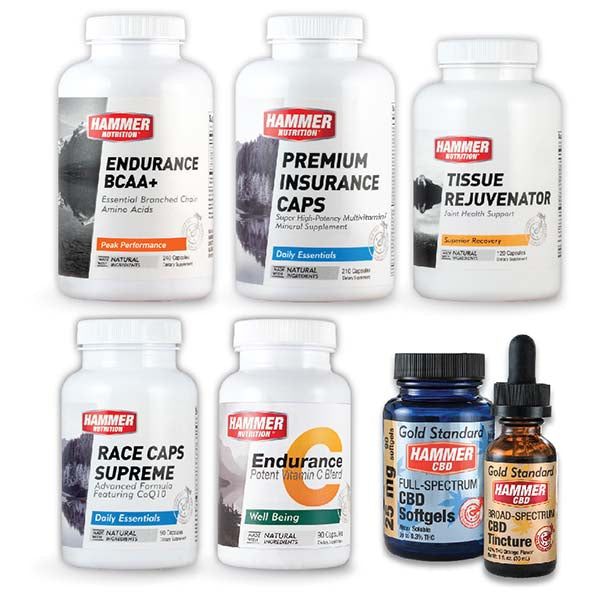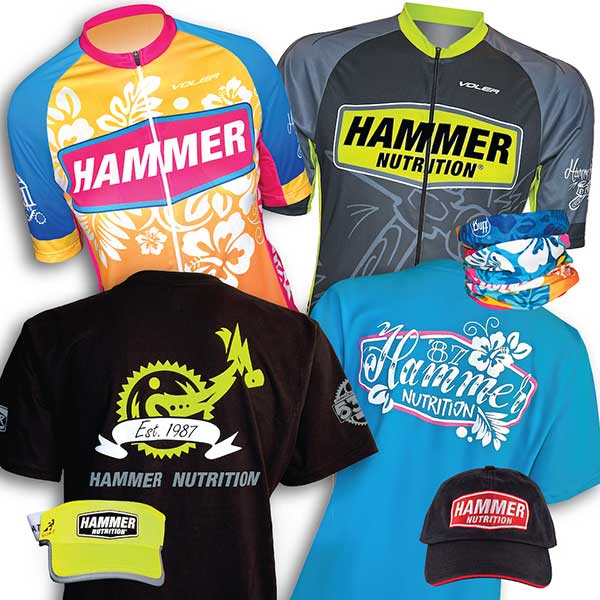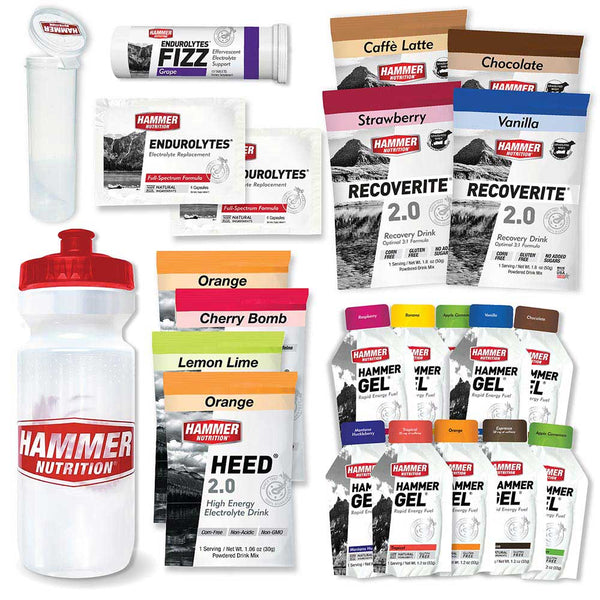
By Endurance News Staff
Fueled in part by an article in a recent issue of a popular cycling magazine and by the dizzying number of sodium-saturated products flooding the market, the "increase your sodium" hype has never been greater. However, before you jump on the "high sodium bandwagon," you absolutely need to be aware of the very real health dangers associated with high sodium intake including this . . .
Excess salt boosts risk for cancer
Hold the pickles . . . and, while you're at, hold the hot dog, ham sandwich, and salt-cured fish, too. Several recent studies have shown a strong direct link between routine high salt intake and various cancers. The findings add even more evidence to the overwhelming case against excess sodium - and give you yet another reason to hold the line against this commonly overused mineral.
Salty foods and stomach cancer
In an analysis of seven studies with an overall sample of nearly 270,000 people, researchers found that regularly eating salty foods was directly associated with higher risk of gastric cancer [1]. The more salt in the diet, the greater the risk.
For their analysis, the researchers selected scientific studies published between 1966-2010, which met their criteria for assessing salt intake and gastric cancer risk. Their in-depth analysis revealed that "high" salt intake was associated with a 68% greater risk for gastric cancer vs. "low" salt intake, while a "moderately high" salt intake was linked with a 41% greater risk of gastric cancer. Consuming specific salty foods - pickled foods, salted fish, and processed meats - also was associated with greater risk.
The scientists suggest that high levels of sodium in the gastric system damage the protective mucous barrier and increase the presence of H. pylori bacteria, a risk factor for gastric cancer.
"This is strong evidence against consuming high or moderate levels of sodium habitually, as is the common practice in America," commented Bill Misner, Ph.D., who originally shared the Clinical Nutrition article with Hammer Nutrition.
Table salt and cancer
Another recent study [2] found that routinely adding salt at the table was associated with an increased risk for several types of cancer. In this study, nearly 20,000 people confirmed to have cancer (stomach, colon, rectum, pancreas, lung, breast, ovary, prostate, testicular, kidney, bladder, brain, non-Hodgkin's lymphoma, or leukemia), as well as a control group of more than 5,000 people, completed a 69-item questionnaire on their eating habits over a two-year period. Compared with never adding salt at the table, always or often adding salt was associated with an increased risk of stomach, lung, testicular, and bladder cancers.
Need more proof? This new eye-opening study is a "MUST READ!"
"Estimated 1.65 million global cardiovascular deaths each year linked to high sodium consumption"
Click here for article
Bottom line:
Recent studies show that high salt intake increases the risk for many common cancers - as well as high blood pressure, heart disease, and many other problems. Avoid excess sodium in your daily diet and in your endurance fuels and supplements to help your body perform its best in all ways.
Less sodium is best
Since its beginning in 1987, Hammer Nutrition has taken a strong stance against excess sodium. Besides the cancers cited in these studies, high sodium intake has been linked to heart disease, kidney problems, loss of bone density, impaired electrolyte balance, and more. During exercise, acute high sodium intake can cause lethargy, weakness, and swelling. "If sodium levels increase too high, seizures and coma [or even death] may result," says Bill Misner, Ph.D.
Yet despite the real hazards of high sodium intake, many endurance supplements/fuels on the market contain extraordinarily high amounts of sodium. The makers of some of these products advise consuming them prior to hot weather and/or ultra-distance exercise to help prevent dehydration! Others explain that the excess sodium in their product replenishes lost electrolytes.
Neither of these explanations makes sense, however. What they're not telling you is that:
- Sodium alone, or sodium and potassium, cannot fully satisfy your body's electrolytic mineral requirements.
- The amount of sodium in a sports drink generally reflects the amount of simple sugars it contains. The higher the sugar content, the more sodium must be present - not so much to replenish sodium losses, but simply to get that sugar-laden mixture through the GI tract more efficiently.
Hammer Gels, HEED, Perpetuem, and Sustained Energy contain appropriate amounts of sodium. HEED also contains a full-spectrum electrolyte profile that adequately and completely replenishes electrolytes. Hammer's Endurolytes (regular Endurolytes, Endurolytes Fizz, and Endurolytes Extreme) offer different levels of sodium in combination with other electrolytes, so that you can fulfill your electrolyte needs according to the conditions, without relying exclusively on high doses of sodium. You can use them in combination with any Hammer fuel or supplement to achieve peak performance, stay healthy, and feel great all the while!
REFERENCES:
[1] D'Elia L., et al., Habitual salt intake and risk of gastric cancer: A meta-analysis or prospective studies. Clinical Nutrition (2012).
[2] Hu J., La Vecchia C., Morrison H., Negri E., Mery L., Salt, processed meat and the risk of cancer. European Journal of Cancer Prevention (Mar 2011); 20 (2):132-9.


